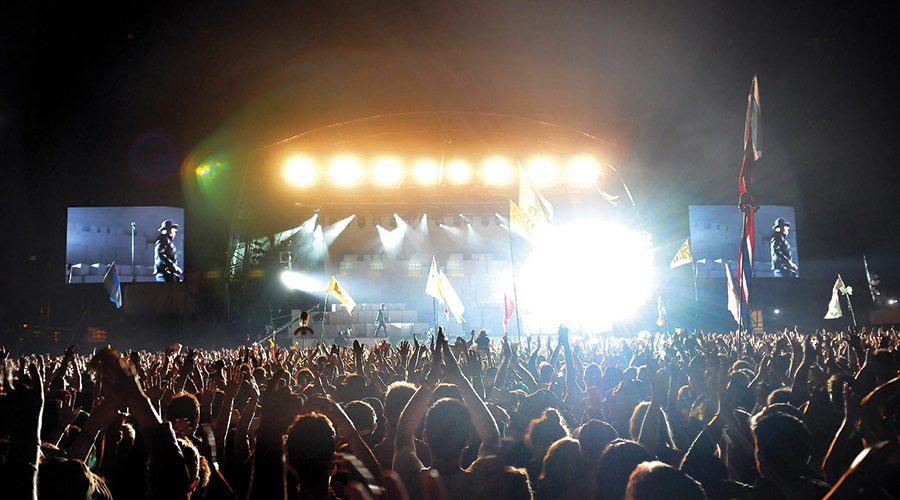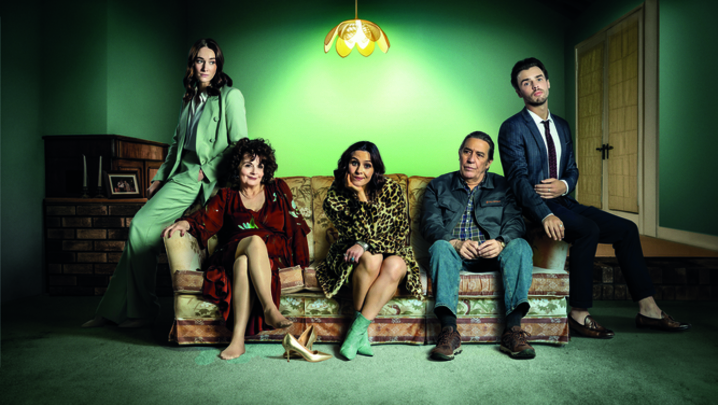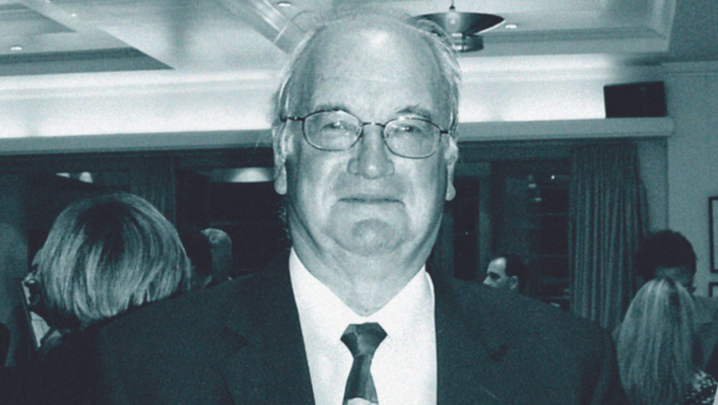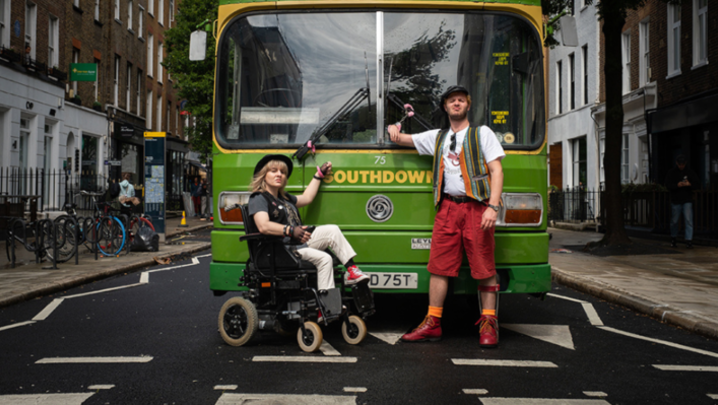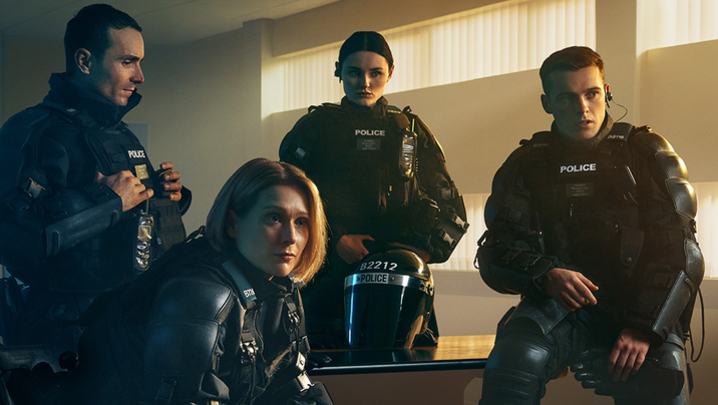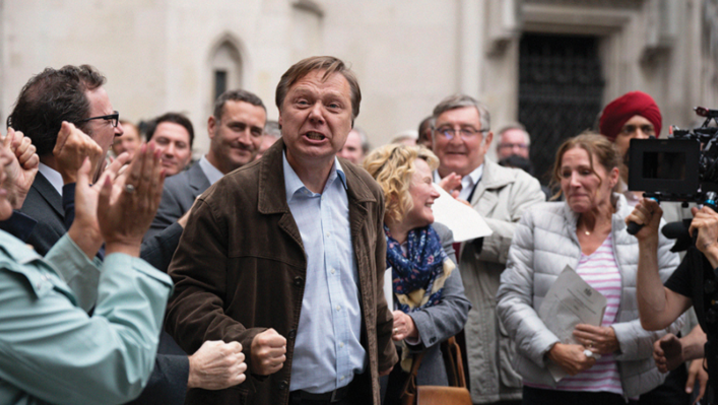Television channels need to develop radically new music programming for the age of audio abundance, says Meg Carter
Even though the internet has transformed and multiplied listeners’ opportunities to consume music, TV broadcasters’ appetite for music-based shows appears to be growing.
Today’s offerings range from the blatant populism of The X Factor, soon to return on ITV, to the BBC’s blanket coverage of Glastonbury, plus plentiful music documentaries and concerts on Sky Arts and BBC Four.
But that, perhaps, is only the tip of the iceberg in a digital era in which Radio 1 no longer regards itself as “just” a radio station.
Far from being yesterday’s medium, television is still important to music companies, despite their shifting priorities.
The music and TV industries have long been close – if sometimes uneasy – bedfellows. But digital changed the music industry beyond recognition and, with it, the relationship between music and TV.
Music sales have declined as younger fans turn first to YouTube, Spotify or Vevo (the video hosting site backed by Universal Music Group, Sony Music Entertainment and Google).
Paid digital downloads now outstrip physical music sales, and traditional business models have been rewritten by music streaming. Meanwhile, revenue from live events has been growing fast.
“Thirty years ago music was scarce. You’d queue in Woolworths to buy a record on a Saturday morning. Now it’s ubiquitous online and we must ensure that, in the light of this, our role is refreshed and redefined,” says BBC Director of Music Bob Shennan.
So in June the BBC announced a new music strategy, with a range of programmes, partnerships and music initiatives on and off air.
These include: an expansion of the BBC Introducing... emerging talent showcase (a branded space for Radio 1 within BBC iPlayer); the inaugural BBC Music Awards, taking place in December; more concerts filmed for Radio 1 and Radio 2, accessible via the red button; and a commitment to more live performances in regular strands such as The One Show.
“We are seeing increased multi-platform [music] consumption and are evolving our offering as people demand more,” explains Shennan.
A big turning point was London 2012, thanks to the multi-platform approach that audiences now expect.
This shaped the BBC’s coverage of Glastonbury 2014, for which it broadcast more than 250 hours of live performance on radio, TV, red button and online streaming.
Total TV reach for the three days exceeded 18 million, according to the BBC; Dolly Parton was the biggest single draw and attracted a TV audience of 2.6 million.
The technological expertise required to deliver broadcast-quality output and in outside broadcasts and coverage of large-scale events are two of the many ways TV companies add value to music, says Malcolm Gerrie, broadcaster, producer and one-time Executive Producer of Channel 4’s The Tube. His company, Whizz Kid Entertainment, makes ...Talks Music for Sky Arts.
“Music on certain occasions can still draw substantial TV audiences and, in turn, have a big effect on next-day consumption and sales, whether by download or streaming,” he says. “The water-cooler ripple effect still exists with TV.”
This explains why many in the music industry still lament the demise of popular performance showcases such as Top of the Pops.
“Although the BBC is a standard bearer for British music – as it should be – commercial broadcasters do very little by comparison,” claims Musicians’ Union General Secretary John Smith.
Paradoxically, during an age of media plenty, the big gap in music programming on TV is a regular, mass-appeal music show.
“Much is being done on BBC Four and Sky Arts – great documentaries, good concerts. But lack of interest among mainstream schedulers on the big channels is a major frustration,” says Tony Wadsworth, Chairman of BPI, the body that represents the UK’s record labels and organises the Brit Awards.
“The talent and interest are there. Just look at Glastonbury to see the quality of coverage that can be achieved.
Paradoxically, during an age of media plenty, the big gap in music programming on TV is a regular, mass-appeal music show
“But it shouldn’t be just for a few big events once a year,” he adds.
Not so long ago, record companies would wait for a TV producer to offer a slot on a show for a particular act.
But now, traditional definitions are blurring as record labels develop their own TV formats and content creator Syco Entertainment (Simon Cowell’s joint venture with Sony Music Entertainment) releases its own music.
Today, even the BPI has a YouTube channel with original content. It is designed, Wadsworth says, “to fill the gap left by mainstream broadcasters reluctant to cover the weekly ins and outs of British music”.
Online consumption of video-based music content is undoubtedly a challenge. But it’s an opportunity, too, believes Iain Funnell, General Manager of Globe Productions, the TV production division of Universal Music Group.
“It’s an exciting time,” he observes. “We’re not far from the point when Netflix shows live concerts from major acts such as Lady Gaga, globally.
“But stars of her calibre and events of that scale will only happen every so often. The opportunity now is to punch in all directions – engaging audiences with as wide a variety of acts as we can, on TV and beyond, on and offline.”
What’s needed is a new generation of fresh, mainstream TV formats able to exploit TV’s ability to frame music in an interesting, stimulating and accessible way, Gerrie believes.
“It’s not a question of: is the future more televised gigs as live performance grows more popular; or is it more music entertainment shows such as The X Factor and The Voice; or how to replace Top of the Pops?” he says. It’s all of the above and more: “New ideas are needed in every direction.”
With a lot of online content reliant on music videos, rather than editorial-driven programming, TV has a clear opportunity to develop new formats that capitalise on its “curatorial strengths” to aid discovery of new music, according to Jonny Rothery, Commissioning Editor for Music at Channel 4. Home to the iTunes Festival and the Barclaycard Mercury Prize, the broadcaster will shortly announce new initiatives to strengthen and deepen its music output.
“As audiences have grown more sophisticated, they no longer turn to TV in the numbers they once did for pure music performance,” he says. “And as there are now so many live music events, we need a fresh approach to justify giving another music event a good slot.
“Online, you are the curator choosing what to search out on YouTube. On TV, the broadcaster curates – whether that’s guiding [viewers] through festival performances or showcasing new acts – and we must build on that.”
Far from diminishing the TV audience for music programmes, online accentuates television’s strengths and provides cross-platform opportunities for a new generation of music content, believes Jez Nelson, founder of production company Somethin’ Else, and digital and radio producer for the Brits.
“I’m excited by BBC Three going online and by plans for Radio 1, which already has its own YouTube channel, to have a branded space on BBC iPlayer,” he explains.
“Platforms such as these will create new opportunities and, increasingly, these online spaces will be where you find exciting and innovative, video-based music formats that may – in turn – eventually end up on broadcast TV.”
Broadcasters have the opportunity to create a new generation of compelling music programme ideas, he adds: “And it would be a shame if they gave up simply because they believed the audience was watching YouTube and wouldn’t come back.”

